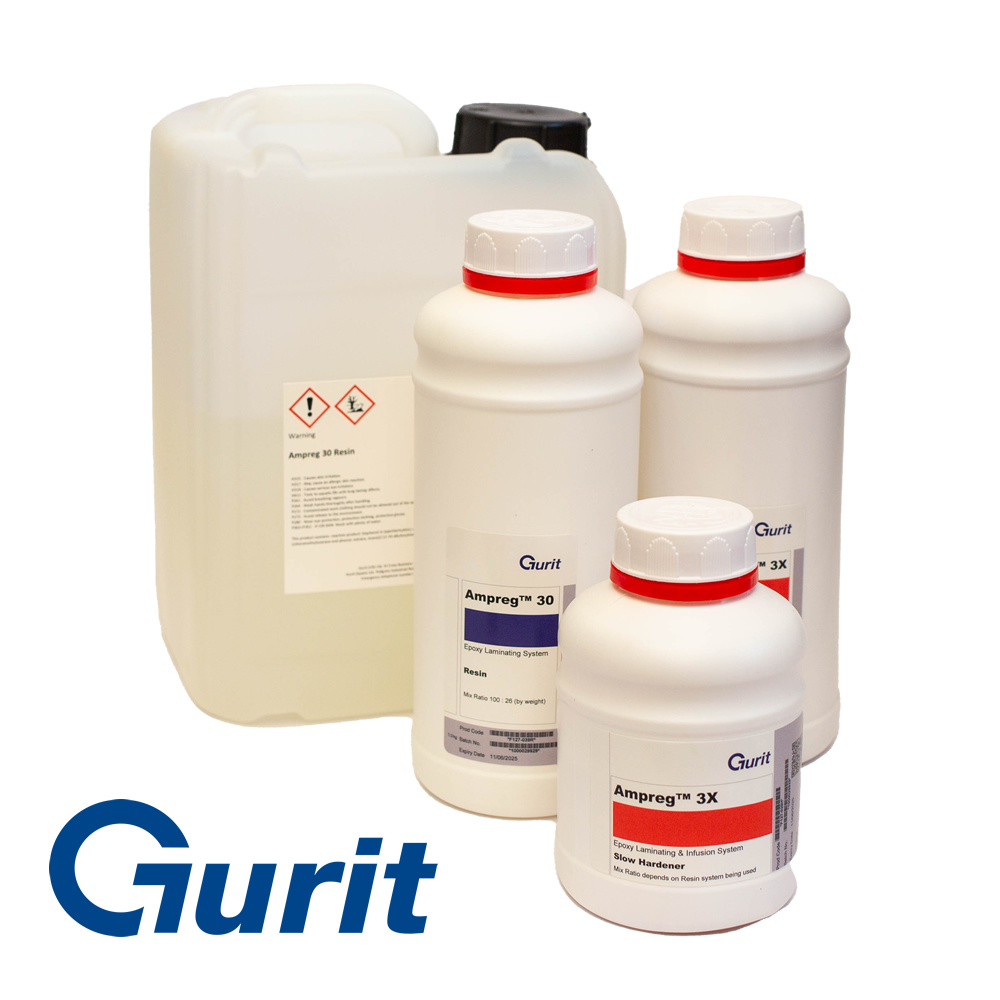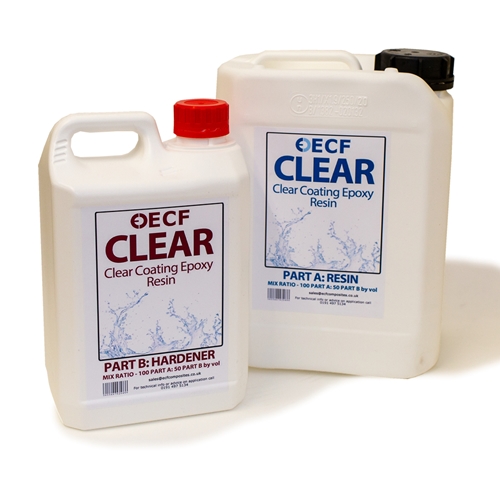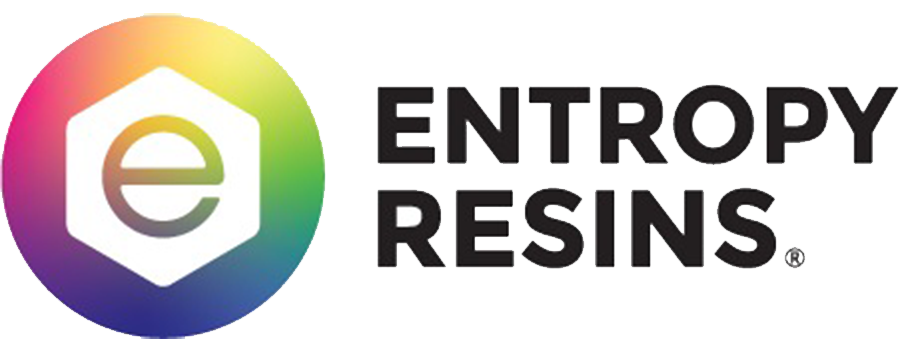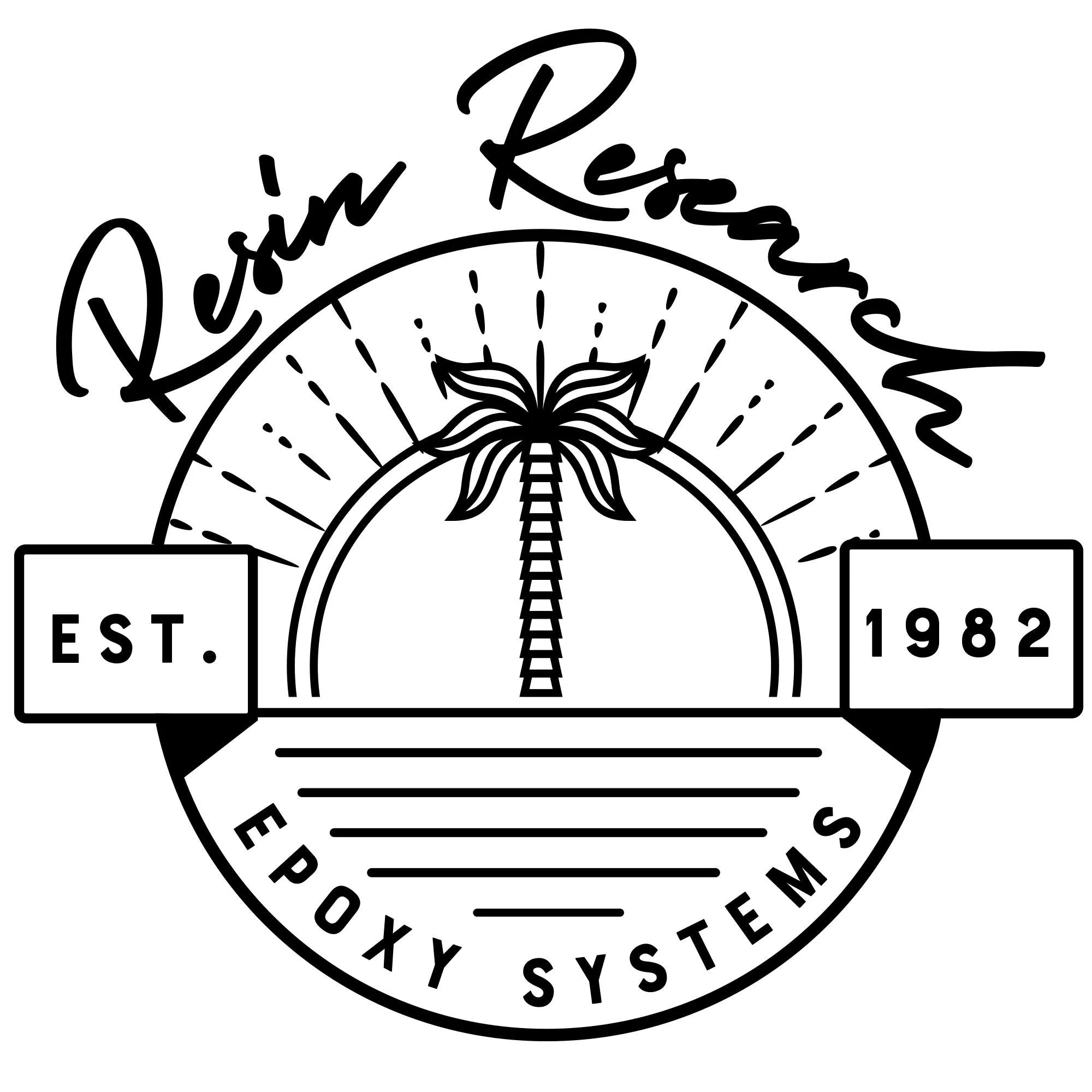Epoxy Resins
Epoxy Resins are used in applications where superior strength, durability, and chemical resistance are needed. Epoxy Resin is more expensive than Polyester Resin and Vinylester Resins so the benefits should be considered before starting your project. Epoxies are available in different viscosities, low viscosity epoxies are used in RTM (Resin Transfer) applications. Epoxy resin cannot be thinned down to lower the viscosity with thinners as this will attack the chemical mechanisms that harden the epoxy, most manufacturers advise warming the resin carefully, bearing in mind also this will speed up the cure time.
Below is a range of Epoxy Resins we sell at East Coast Fibreglass, from WEST SYSTEM, Sika, Sicomin, and our own General purpose laminating Epoxy ,Infusion Epoxy and Clear Epoxy Gelcoat.
See our guide: Which Epoxy resin should I use?
Epoxy Resins Overview
Epoxy resins are thermoset polymers that cure from a liquid state to a solid form, a process that is irreversible, making them different from thermoplastics. This characteristic means that once cured, they cannot be re-melted or recycled in the same way as thermoplastics. Epoxy resins are created by mixing two ingredients, a resin and a hardener, often in equal or stoichiometric ratios. This mixture cures slowly with minimal shrinkage. In comparison, thermoset polyester and vinyl-ester resins cure rapidly and generate significant heat during the process. The curing rate of pure epoxy resins can be altered by using different hardeners, but ultimately it is heat that hardens the resin.
Applications and Advantages
Epoxy resins are versatile and used in various applications. They are often combined with reinforcing fibers like glass or carbon to create products ranging from boat hulls to electrical components. In construction, they are used to anchor bolts into concrete walls, ceilings, and floors, and also serve as potting compounds, sealants, and encapsulants. Epoxy resins are also used in coatings and adhesives. A significant advantage of epoxy resins in structural applications is their corrosion-proof nature compared to metals.
Comparisons with Other Resins
While polyester resin is commonly used in fiberglass reinforced plastic (FRP) boat construction due to its cost-effectiveness, epoxy resin is often preferred for repairs because of its superior strength and mechanical adhesion. However, epoxy does not adhere chemically to polyester. Polyester resins require wax or vacuum bagging for full hardening as they do not cure completely in the presence of air. Vinyl-ester resins, which combine polyester and epoxy, are chosen for high-quality hull work and settings requiring structural strength or exposure to organic solvents. They have good thermal stability but are prone to water absorption.
Environmental and Health Considerations
Pure epoxy resins form more complex structures without using styrene, reducing their environmental impact. Compared to polyester and vinyl-ester resins, epoxy resins are more resistant to stress cracking and less affected by moisture due to their superior cross-linking from the formation of benzene rings. They are also more thermally stable and do not degrade over time. Epoxy resins are sensitive to UV light and have good resistance to many chemicals, depending on their formulation.
Latest Advancements in Epoxy Resin Technology
Recent advancements in epoxy resin technology include the development of a flame-retardant, mechanically strong epoxy resin that can be repaired and recycled. Additionally, efforts are underway to create alternatives to bisphenol A (BPA), a compound used in making various polymers and epoxy resins. A research team has developed a replacement using lignin, a key component of wood, combined with a bio-based arene and a recyclable zeolite catalyst. This innovation could lead to the production of cleaner, healthier plastics without the health risks associated with BPA.







